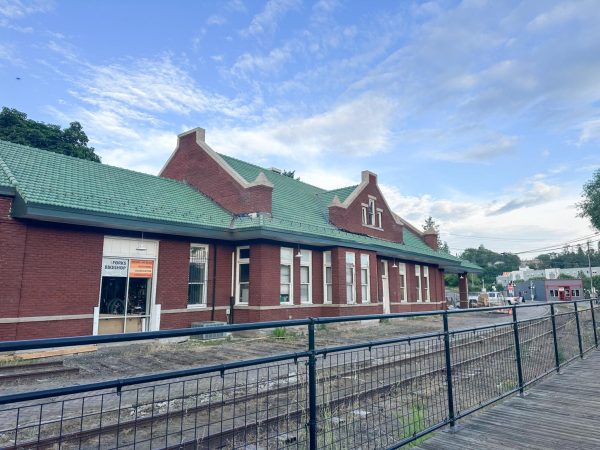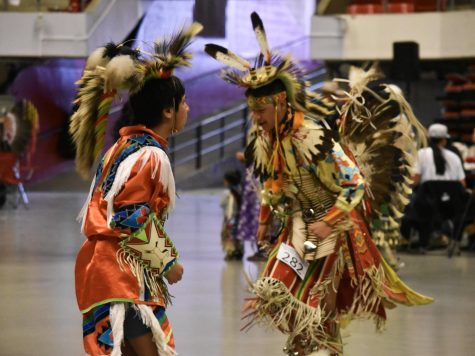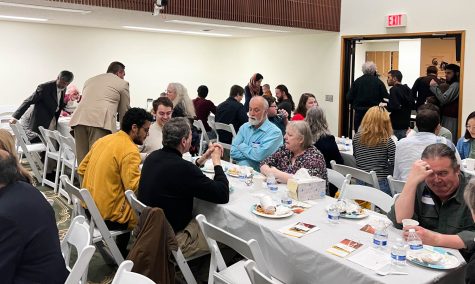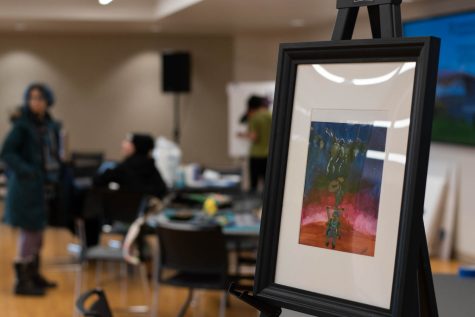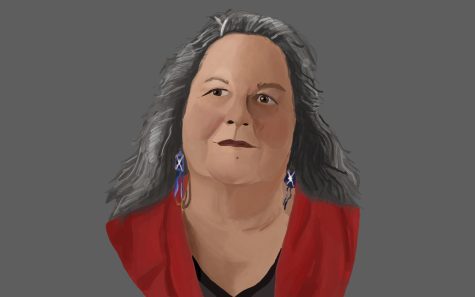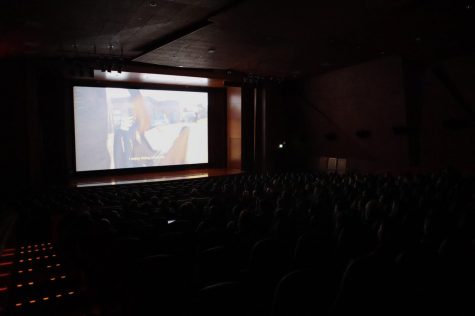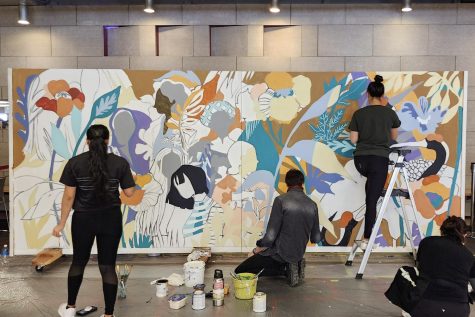Photos flood museum exhibit
February 9, 2015
A lot of dam photos will be featured at the WSU Museum of Anthropology’s exhibition series.
The Museum will host a new traveling exhibit featuring the dam on the Elwha River this semester showcasing the relationship between fish, water and people.
“There was a dam on the lower Elwha River,” said Shannon Tushingham, the director of the Museum of Anthropology. “It was one of the first dam removals. It happened a few years ago.”
The installation of the dam created many problems for the environment and the people surrounding the Elwha River, Tushingham said. There was controversy over the lack of fish ladders in the dam, which made fishing in the area difficult.
“The exhibit tells the story of the controversy and process to remove the dam,” Tushingham said.
The dam caused a lot of problems for tribe members around the area, since the river provided a main source of food, she said.
“The tribal members were motivated to have the dam removed for salmon,” she said. “The dam was blocking the passage of salmon for over 100 years.”
The dam itself, and its removal, have had a tremendous impact on the environment and local tribes, and that is what the exhibit looks at, Tushingham said.
“Dams bring power but are destructive too,” she said. “And the salmon now being able to come up stream brings more nutrients but removal of the dam changes live downstream. It really is all one big ecosystem.”
The exhibit is the first traveling exhibit the Museum of Anthropology has hosted in several years. The panels and photographs on display are from an exhibit at the Burke Museum at the University of Washington, Tushingham said.
Two seniors studying interior design, Wanji Ndamdiri and Guadalupe Zavala, worked together to create the exhibit.
“The difficult part was working with space,” Zavala said. “We had difficulty finding good wall space to put photographs.”
Since there are no artifacts in the exhibit, Ndamdiri and Zavala had to rely on the visuals the photographs provided in order to create the exhibit.
“We’re trying to convey a message with the graphics,” Zavala said. “The images are darker when the dam is up, and they lighten up when the dam is removed.”
This exhibit is the final piece to the theme the museum has been following, looking at the relationship between fish, water and people, Tushingham said.
“It’s interesting to see the cultural exchange,” Ndamdiri said.
The Elwha exhibit will be open through the end of the semester in the Museum of Anthropology in College Hall. The museum is open from 9 a.m. to 4 p.m. and is free to the public.







